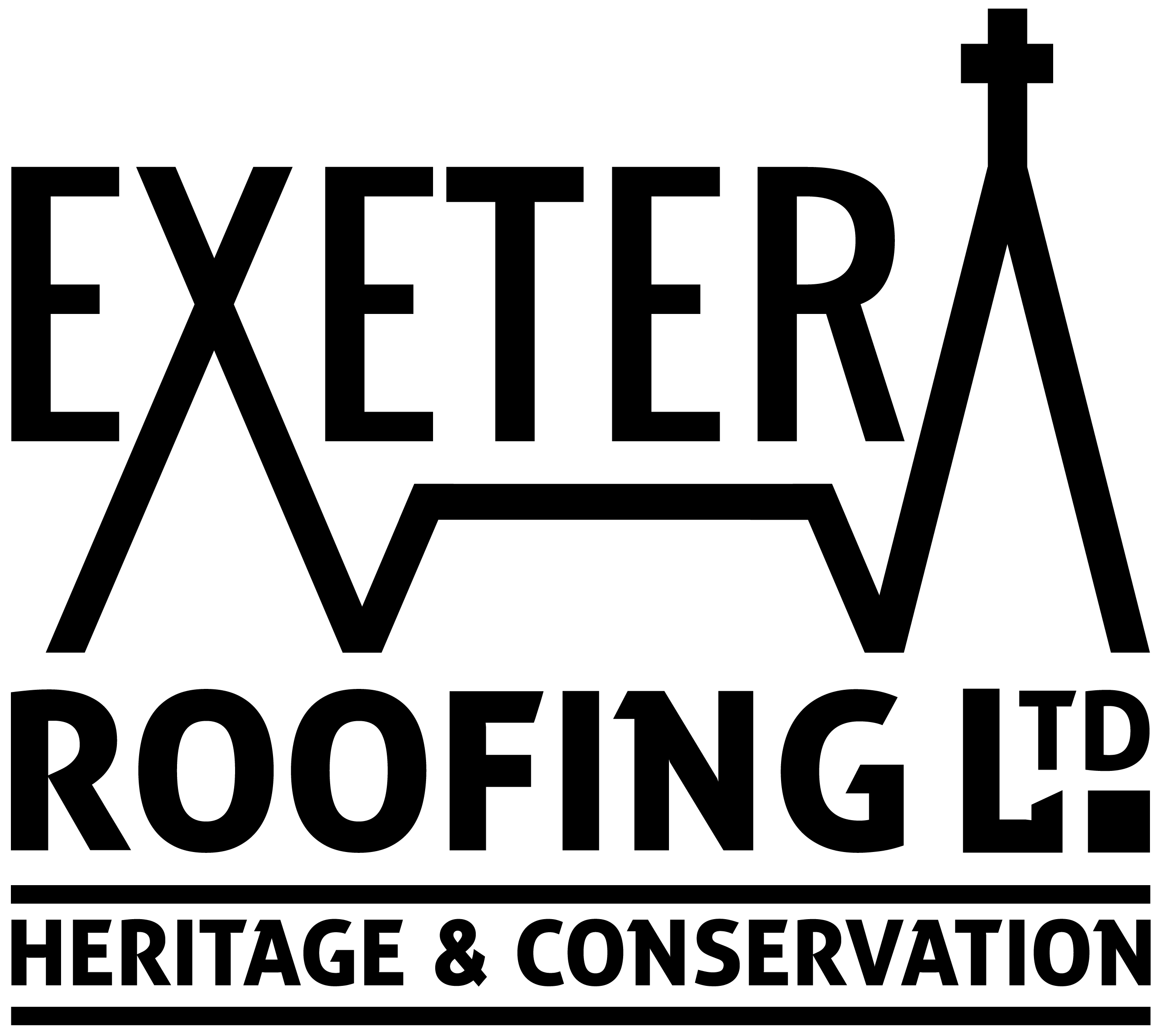Roof inspections are an essential part of maintaining the structural integrity of your home. Regular roof inspections can help identify potential issues early on, allowing for timely repairs and preventing more significant damage down the line. Here, we will explore the process and importance of roof inspections, the signs that indicate the need for one, and how often you should schedule a roof inspection.
The Importance of Roof Inspections
The roof of a house serves as the first line of defence against the elements. It shields us from rain, snow, wind, and harsh sunlight. Over time, however, roofs can develop problems that compromise their functionality. That’s where roof inspections come in. By thoroughly assessing the condition of the roof, inspections help homeowners identify any issues and take appropriate action.
Regular roof inspections are crucial for several reasons. First and foremost, they ensure the safety of those living in the house by identifying potential hazards such as leaks or structural damage. Additionally, inspections can help extend the lifespan of the roof, prevent costly repairs, and maintain the value of the property.
Understanding the Roof Inspection Process
A comprehensive roof inspection typically involves two main areas: the exterior and the interior.
Exterior Inspection
During the exterior inspection, a professional inspector will carefully examine the roof’s surface, checking for any visible signs of damage or wear. This inspection may include:
- Checking for leaks and water damage
- Assessing the condition of the tiles or shingles
- Examining the soffits, fascias, and guttering for any signs of deterioration
- Inspecting the chimney for damage or loose bricks
- Identifying structural issues such as sagging or leaning
Interior Inspection
An interior inspection via the loft can reveal underlying problems that may not be visible from the exterior, such as water penetration or damage. During this inspection, the following aspects may be examined:
- Looking for water stains on ceilings and walls
- Checking for mould or mildew growth
- Assessing the condition of attic insulation
- Ventilation and airflow
- Presence of pests or insects
- Signs of water damage or leaks
When to Schedule a Roof Inspection
Certain signs should prompt homeowners to schedule a roof inspection promptly. These signs include:
If The Roof Is Old
As a roof ages, its integrity gradually deteriorates. If your roof is approaching or has exceeded its expected lifespan, it’s essential to have it inspected regularly to identify any potential issues.
Missing or Damaged Shingles
Missing or damaged shingles can compromise the roof’s ability to protect your home from the elements. If you notice any shingles that are cracked, curled, or completely missing, it’s a clear indication that a roof inspection is necessary.
Water Leaks and Stains
Water leaks or stains on ceilings and walls can be a sign of roof damage. Even small leaks can lead to significant problems over time, such as mould growth and structural damage.
Sagging or Uneven Roof
A sagging or uneven roof is a cause for concern and should be inspected by a professional. It may indicate structural issues that need immediate attention.
Clogged Gutters
Clogged gutters can lead to water backup, which can then seep into the roof structure. Regularly checking and cleaning gutters is essential to prevent potential roof damage.
Frequency of Roof Inspections
The frequency of roof inspections depends on various factors such as the age of the roof, the climate in your area, and any specific issues you may have encountered previously.
As a general guideline, it is recommended to schedule a professional roof inspection once a year. However, if you live in an area prone to severe weather conditions or have an older roof, twice annual inspections may be necessary.
Regular roof inspections are essential for maintaining the integrity of your roof and protecting your home. By identifying potential issues early on, you can save money, extend the lifespan of your roof, and ensure the safety of your family. Whether you choose to hire a professional or perform a DIY inspection, the key is to prioritise regular assessments and address any problems promptly.
If you would like to schedule a roof inspection, please get in touch.
All roof work undertaken
Fully qualified for heritage tiling & repair
Fully qualified in traditional roofing works



